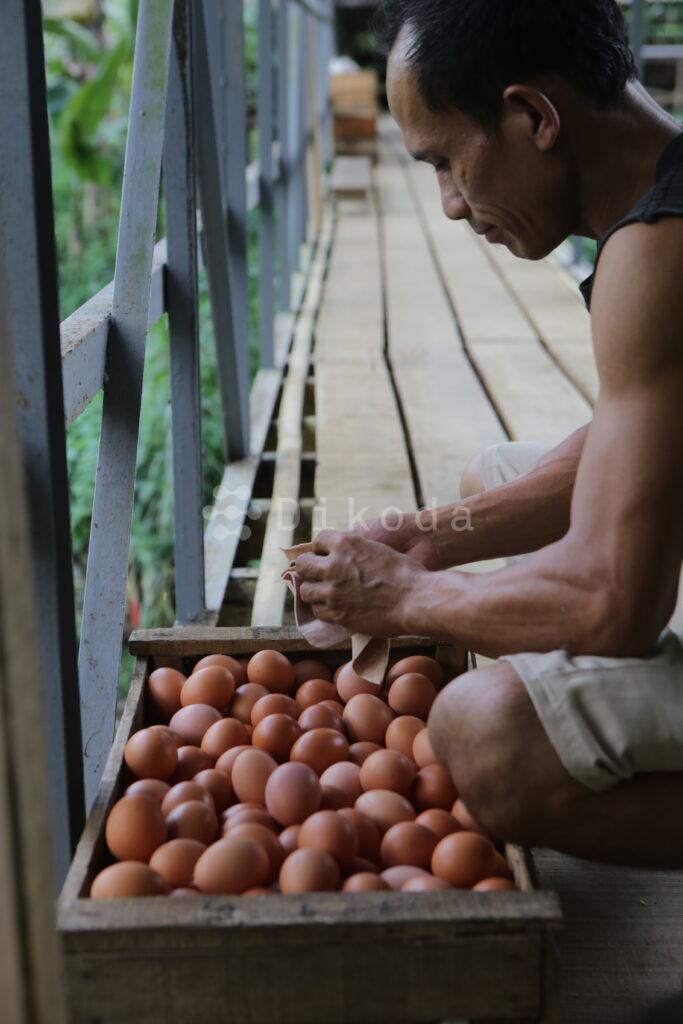
World Food Day 2021: How data is our future
October 16 is World Food Day, widely known as one of the most celebrated days on the UN calendar each year. This year, however, feels bigger than most, more important, and perhaps more ominous.
There are currently over 800 million people around the world facing chronic food deprivation on a daily basis, while over 3 billion are malnourished. It is hard to call it anything other than a full-blown crisis. As the Food and Agricultural Organization (FAO) recently put it, “there has never been a more urgent need to transform the way the world produces and consumes food.”
The theme of this year’s World Food Day is: “Our Actions are our Future.” Never has this future felt so pressing.
What to do on World Food Day
First of all, check out one of the hundreds of events put on by the UN all over the world. And be sure to participate on social media using #WorldFoodDay.
But on a deeper level, one fitting a crisis, consider that a pillar of World Food Day is the assertion that all have a role to play in the fight for food security. World Food Day is a bit like New Year’s Day for food security – it’s time to make a resolution.
Governments can commit to investing in sustainable food systems which are more resilient and more inclusive; the private sector and small farmers can resolve to provide leadership on food systems transformation; academia can commit to providing research and coordinating knowledge, while NGOs can bring multiple agents of change together, from marginalized people to policymakers.
And ordinary people? They can support, no, demand, all of these things from their leaders. And while they are at it, commit to shifting their own consumption patterns towards more sustainable food products, like plant -based meat instead of meat.
Each of these things is meaningful; each has their role, and all must pull together. Yet, there is something absolutely crucial to remember, on World Food Day or any day …
Data is the key to all of these things
A commitment to change is great, but without the appropriate data, what changes to make for the greatest impact cannot accurately be determined, nor can the effects of said changes be measured. As one report recently put it: “without the right data it is impossible to formulate evidence-based policy, know if interventions are having the desired impact or unintended consequences, or track changes over time.”
Governments and NGOs need data to target funding and policies towards interventions that actually work; the private sector needs it to understand effects of change, and effects of change on their business; farmers need data to receive early weather warnings, to improve on soil composition and water quality; they need it to move to more sustainable food production. Simply, data is the key to everything involved in transforming food systems.
On World Food Day, remember one thing – Data is the future, our future.
